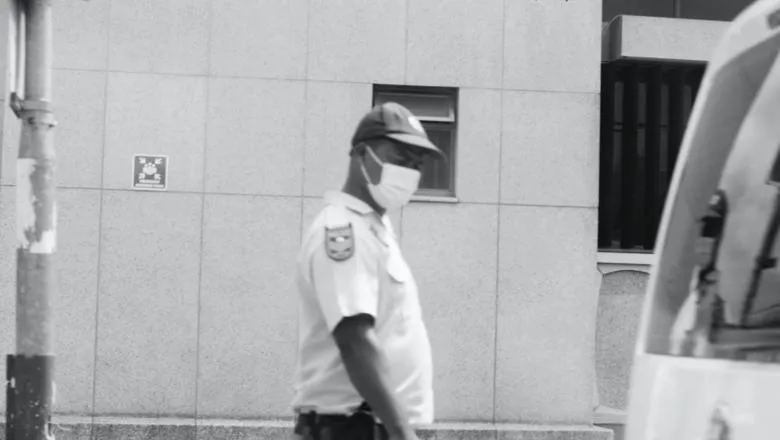These differences are reflected in the fact that the elite occupy the formal sectors of the economy that make it possible to work from home, have income capabilities that make housing conditions amenable to social distancing and can access clean water for regular hand washing.
- COVID-19 responses and human rights in selected African countries
24 February 2021
Have government responses to COVID-19 in some African countries jeopardized citizens' rights?
A new paper from King’s academics stresses the fine line between securitisation and human rights abuses in the way selected African governments have responded to the COVID-19 pandemic.

While the threat of the virus has required that states take decisive action to stop its spread, governments have had to ensure that these measures continue to respect the rights and dignity of the populace.
Dr David Mwambari and Professor Funmi Olonisakin, together with Dr Awino Okech (SOAS), argue that – in selected African countries – government measures to curb the virus have compromised their ability to protect human rights.
Lockdown measures across Africa have not been markedly different to those implemented elsewhere around the world. However, in countries where governments are unable to provide meaningful social support many people who rely on the informal economy face competing risks: either forfeiting their livelihoods or violating lockdown rules and facing retaliation by security forces.
The authors caution that the exceptional powers given to security forces during periods of emergency can easily result in human rights abuses, taking the form of police harassment and unjustified use of force with impunity.
In some countries media freedoms have been suppressed in an attempt to prevent the spread of COVID-19 misinformation. This, coupled with increased technological surveillance of the populace means that governments increasingly run the risk of infringing on their citizen’s rights.
Additionally, Mwambari, Olonisakin and Okech observe that decisions made by the governing elite do not take into consideration the realities of ordinary people. They write:
Nonetheless, the authors note that the pandemic has presented African citizens a unique opportunity to engage their leaders on issues like structural inequalities, insecurity and a persistent lack of accountability.
Read the full article ‘COVID-19 responses and human rights in selected African countries’ in the Australian Journal of Human Rights.
Dr David Mwambari also released a piece titled ‘Can Online Platforms Be e-Pana-Africana Liberation Zones for Pan-African and Decolonization Debates?’, discussing whether virtual spaces can be effective forums for debate in light of the COVID-19 crisis.

